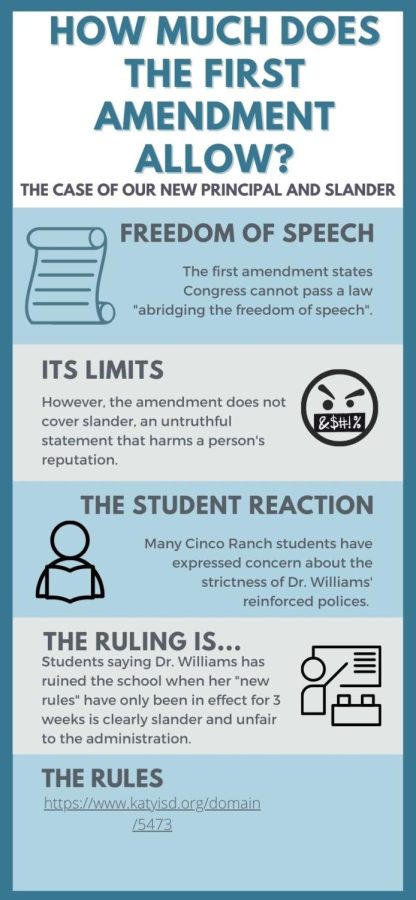If ever a man should have been rewarded for his insights and foresight, George Washington should have been after warning the youthful Union of the dangers of the bipartisan political system, including sectionalism and disunity, in his late eighteenth century farewell address.
More than two centuries later, his words still remain eerily relevant as the 2012 presidential election approaches and the divide between the two political factions widens with each passing day and each belligerent debate.
As both parties’ candidates compete for control of the oval office, the electoral process has come to feel more like a football game than an election, with people hurling insults at the other team and some spectators cheering for a team about which they know little.
In this presidential election, it is crucial that voters, regardless of affiliation, vote in support of the candidate that supports their beliefs, not the “team” that satisfies their color preferences.
As unimportant as it sounds, this has a dire impact of the outcome of the election. With two candidates hoping to approach the extremely complex economic and political situation from two different perspectives, voters will have to choose down which path to travel. Whomever they choose will set the direction for America not only for the next four years, but the next forty.
Additionally, voters must become much more knowledgeable of both candidates’ political stances and the political climate not only in our own American bubble, but in the turmoil filled world around us in order to select the candidate that they truly believe can make the necessary decisions as commander-in-chief. With that in mind, this choice becomes one far too important to merely vote one way or the other merely because that is how someone’s parents or friends voted. It is the voter’s duty to remain somewhat levelheaded and make the choice that they truly believe is right, not the choice that someone else thinks they should.
Throughout the entire campaign process, both candidates and both parties slung smug comments and terse accusations at the other, attempting to gain any ground they could on their opponent. In this type of situation, it can be extremely easy to fall prey to the sectionalism and choose your favorite fighter in the political cage match, but voters must resist getting into the ring with the rampaging elephant and the riotous donkey.
This fighting, this political cage match, was exactly what Washington had warned us of: sectionalism and division.
In trying to find the most suitable commander-in-chief to lead the United States of America, we have lost sight of the most important part of what we are: United. Each slanderous word, each subtle accusation, has divided the population more and more to the point that people will say “I am a Republican/Democrat” before they say “I am an American.”
Although it is too late to drastically affect the combative nature of this political season, for future elections, candidates and parties should focus on building up their own platforms before tearing down their opponents’ and should avoid treating a campaign like a sporting event. With the employment of these suggestions, the political system can maintain both its efficiency and a united front.

![Tips for Studying Finals [INFOGRAPHIC]](https://crhscountyline.com/wp-content/uploads/2022/12/Studying-for-Finals-900x506.jpg)



